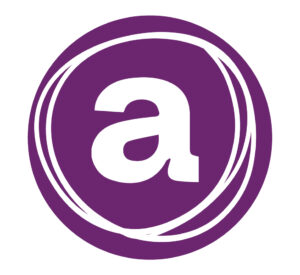16th Apr 2015
Creating assets or facilitating connections?

‘In 2015 Uber, the world’s largest taxi company owns no vehicles, Facebook the world’s most popular media owner creates no content, Alibaba, the most valuable retailer has no inventory and Airbnb the world’s largest accommodation provider owns no real estate’.[1]
When I came across this quote the other day, it made me think. I realised how significant it is, and how many of the platforms we use today do not create or own any of their own content.
How is it that Facebook, the world’s largest social media platform, creates very little of its own content, yet has over 1.4 billion users?[2] Airbnb is swiftly become a hugely popular way to book accommodation in nearly 200 countries, where travellers browse and pick from rooms let by other users.
Taking a step back, this is a genius model. We live in a digital world where we like to over share every tiny detail about our lives. As users, we love to share our images, thoughts, whereabouts (not another photo of a healthy salad or your weight loss transformation!), and will do this without the platform we are using having to do any of the content creation.
Behind the scenes, these platforms work extremely hard to enable people to connect and share efficiently, but the key is that the asset (the photo, the car, the room) is often user created and owned, and not produced by the company. This model is about facilitating connections, rather than creating assets.
Of course, it’s not just a case of creating a new idea – the timing must also be right. According to Bill Gross, one of the world’s most successful entrepreneurs, found that timing accounted for 42% of successes relative to failures in 250 start-ups.[3] Whilst it is undeniable that Airbnb is a very successful business model, timing was partially key to its success. Airbnb launched at a time (August 2008 – in the middle of the world banking crisis) when people needed extra cash, and therefore were willing to rent out rooms, whilst other people needed low cost accommodation options.
At Ammba we enjoy developing digital platforms to encourage user ownership, contribution and opportunity to share. When thinking about your platform, app or website – it’s definitely worth remembering that the world loves to communicate and share. Of course, certain things require content to be created by the platform – what use would a museum’s , gallery’s or archive’s website be if it didn’t showcase some of the exhibits, and show me what I can discover behind its doors. But if a user has the opportunity to look at your content, comment and also contribute and share their own, they are likely to engage with the experience for longer and more regularly.
[1] TechCrunch 2015.
[2] http://expandedramblings.com/index.php/by-the-numbers-17-amazing-facebook-stats/
[3] http://singularityhub.com/2015/04/13/why-startups-like-uber-airbnb-spacex-succeed-while-others-fail/